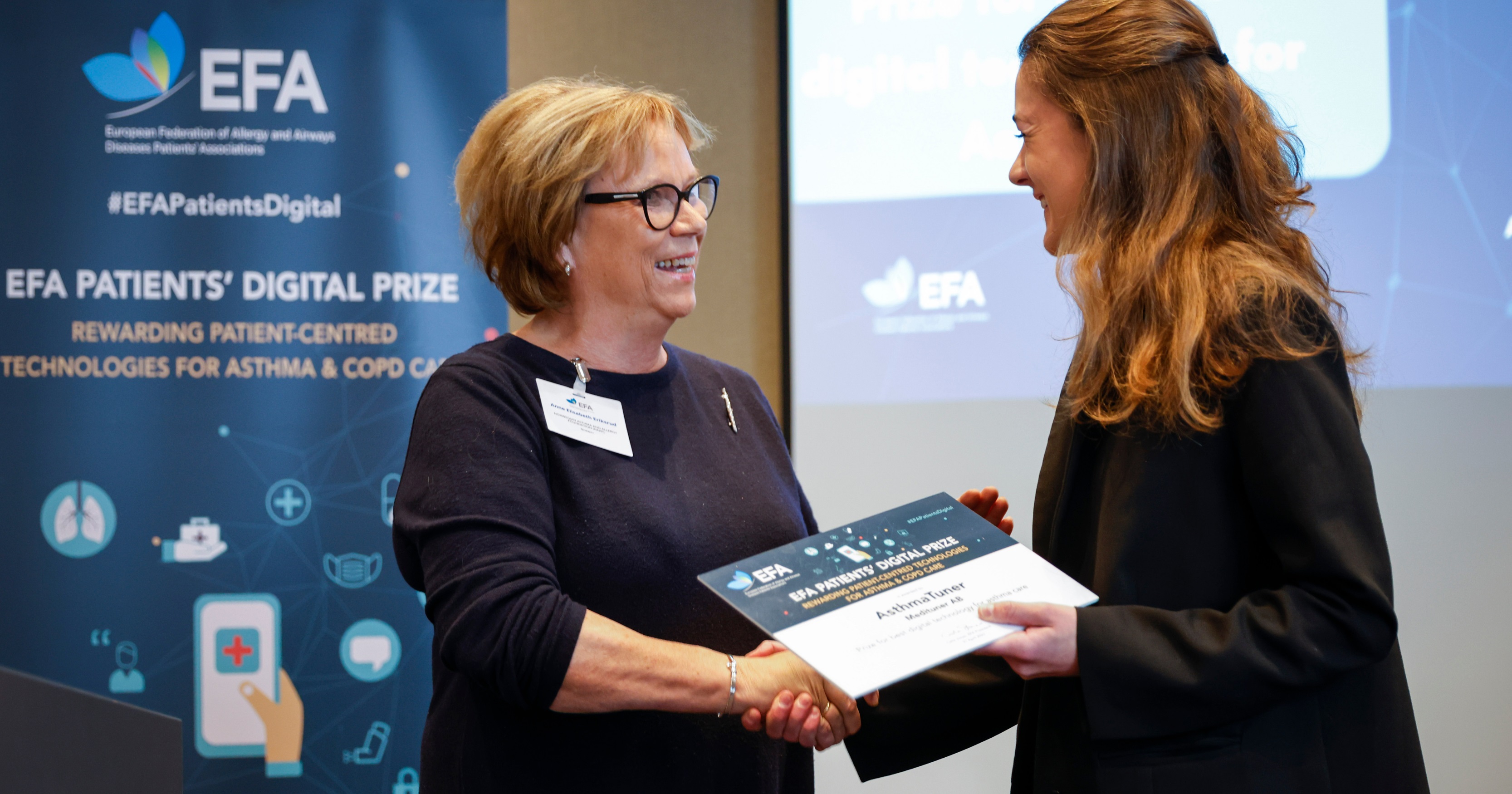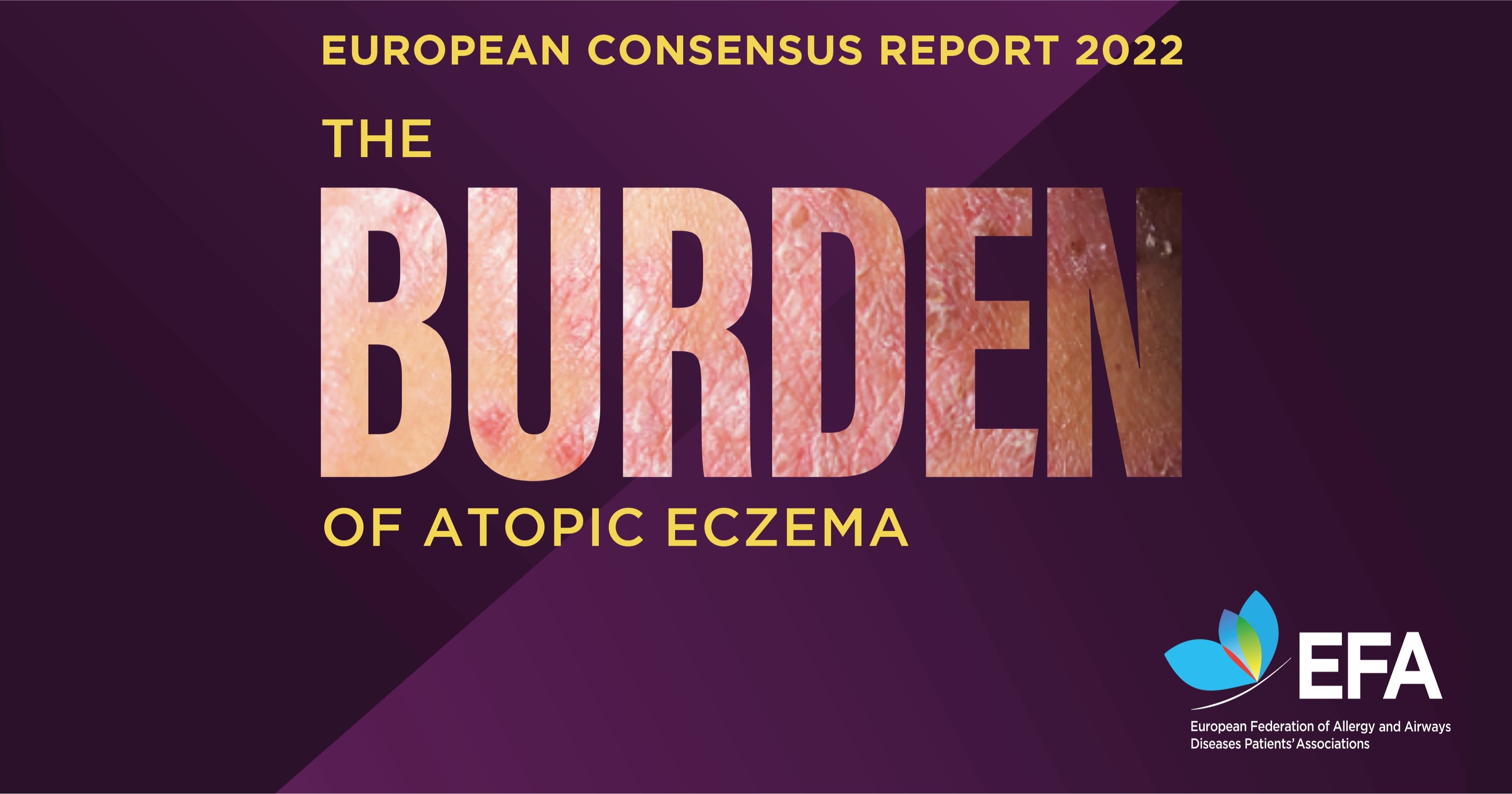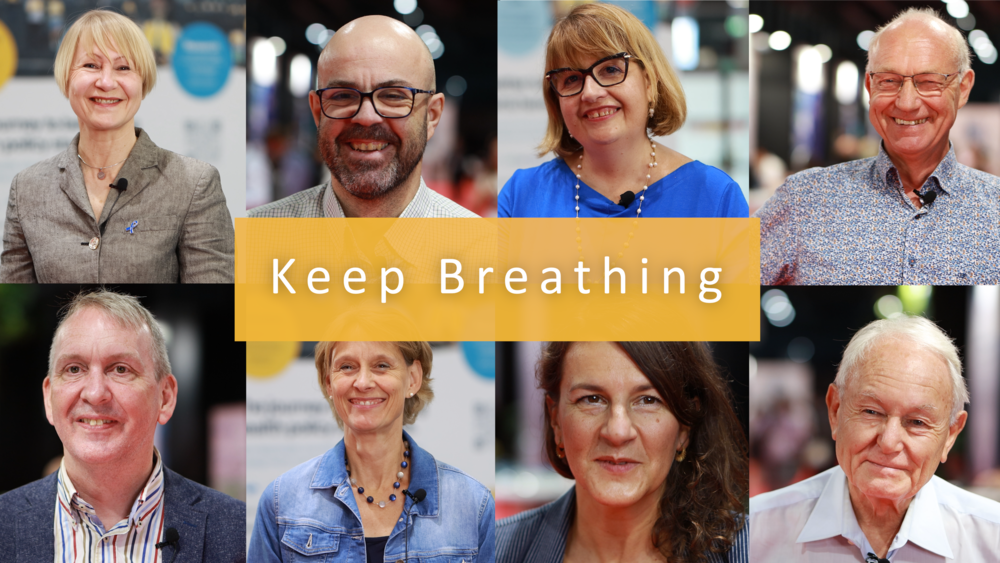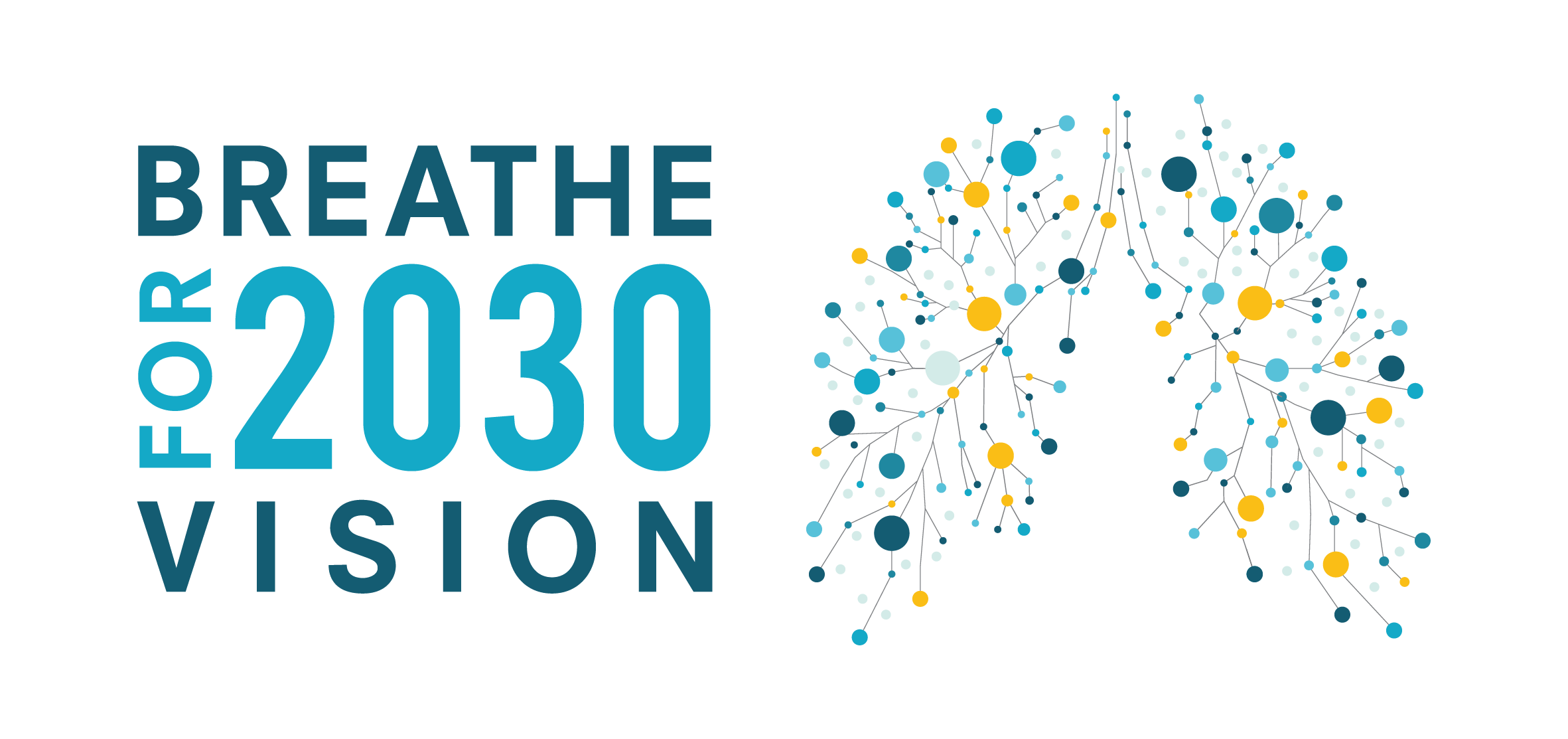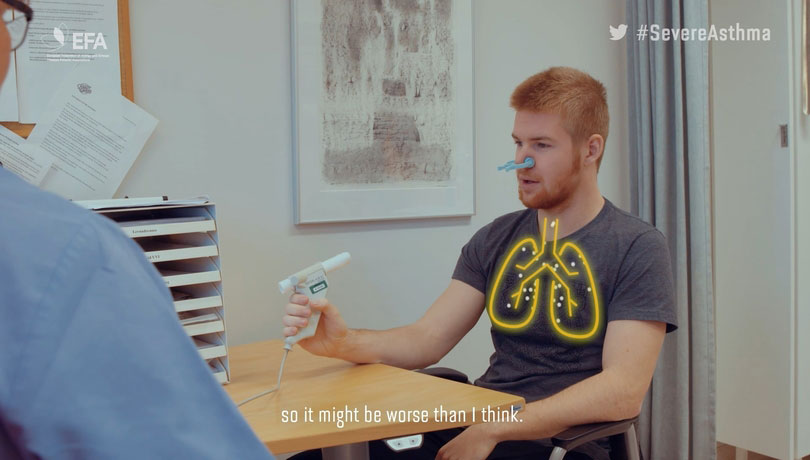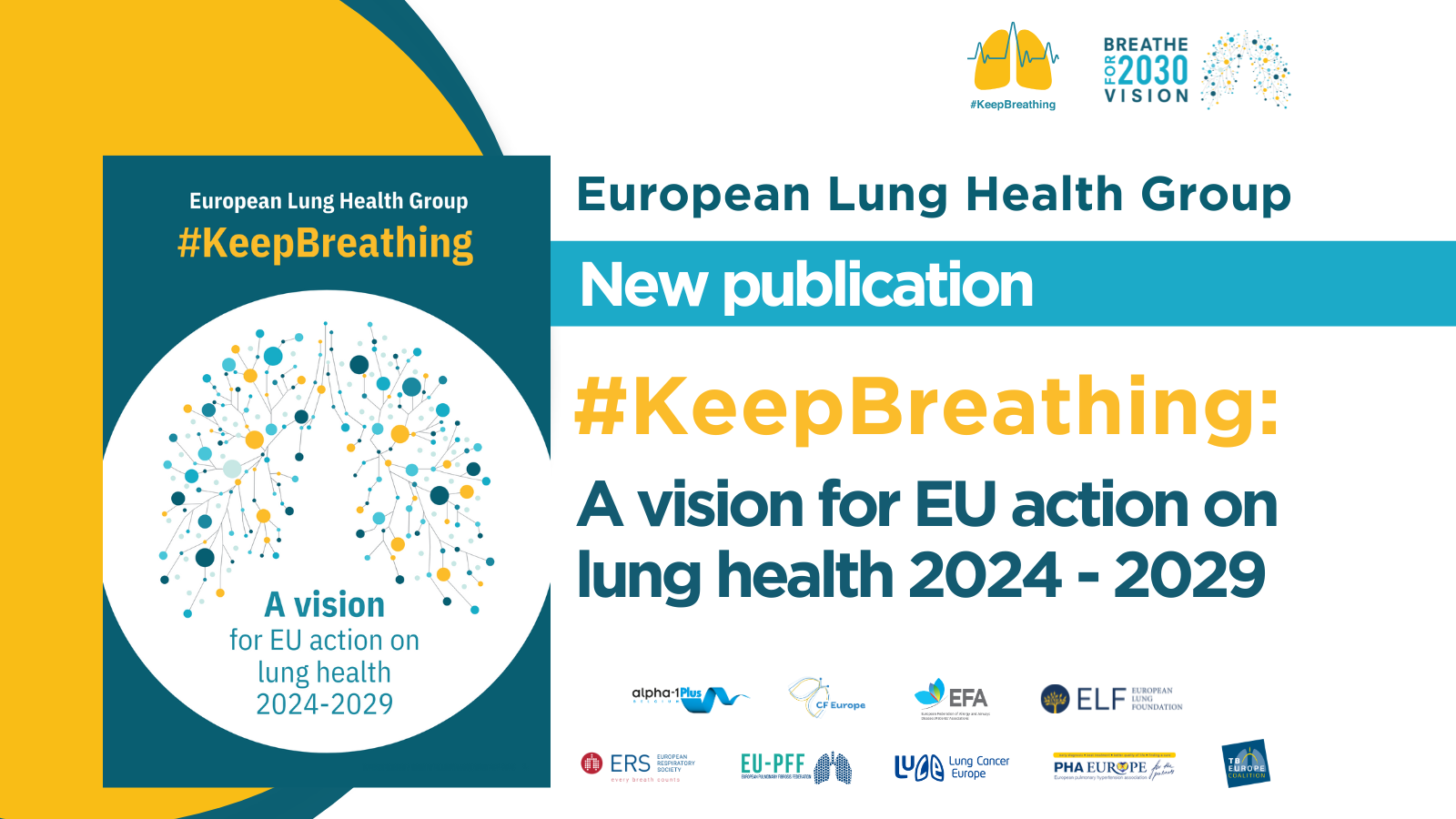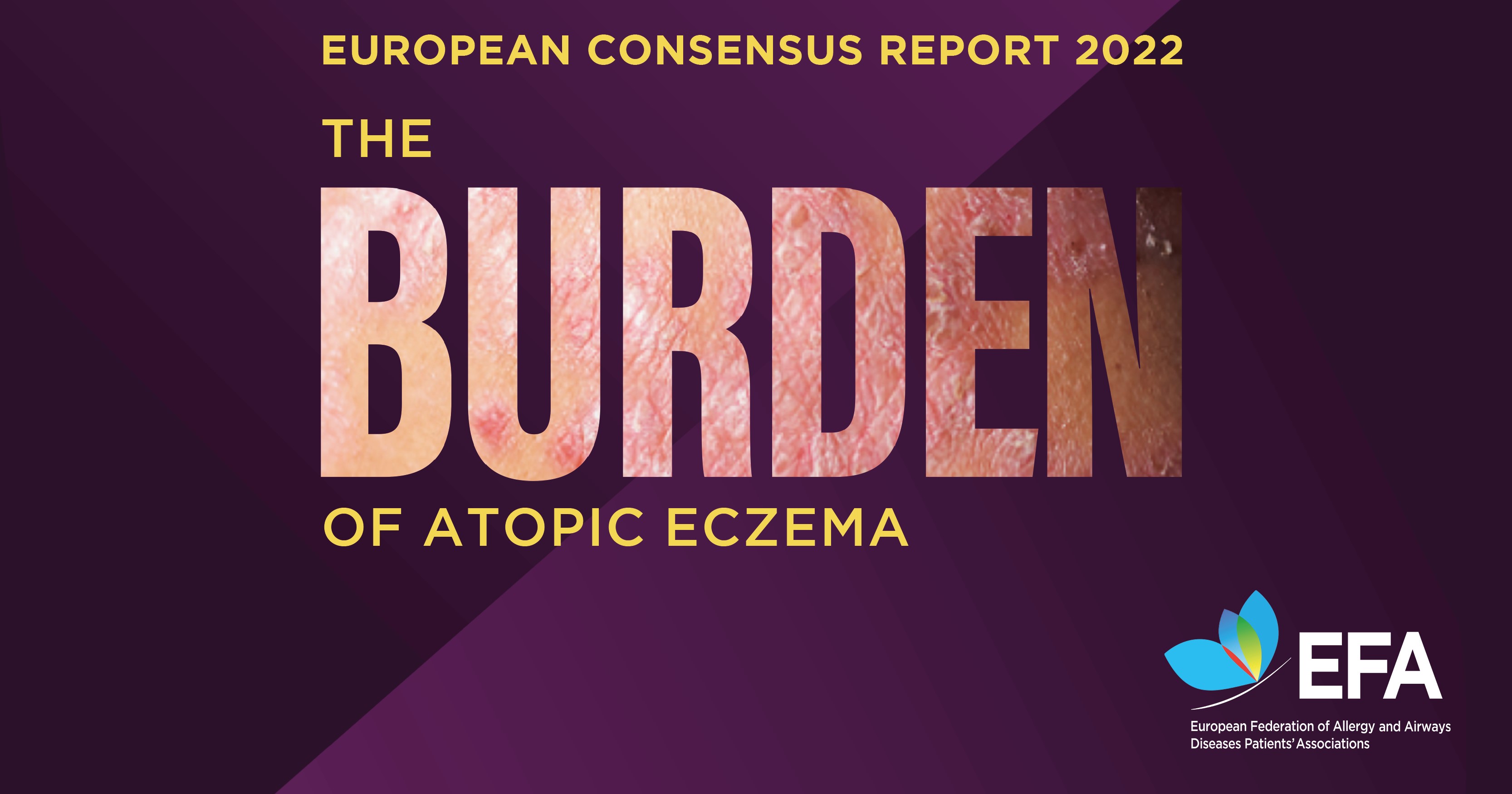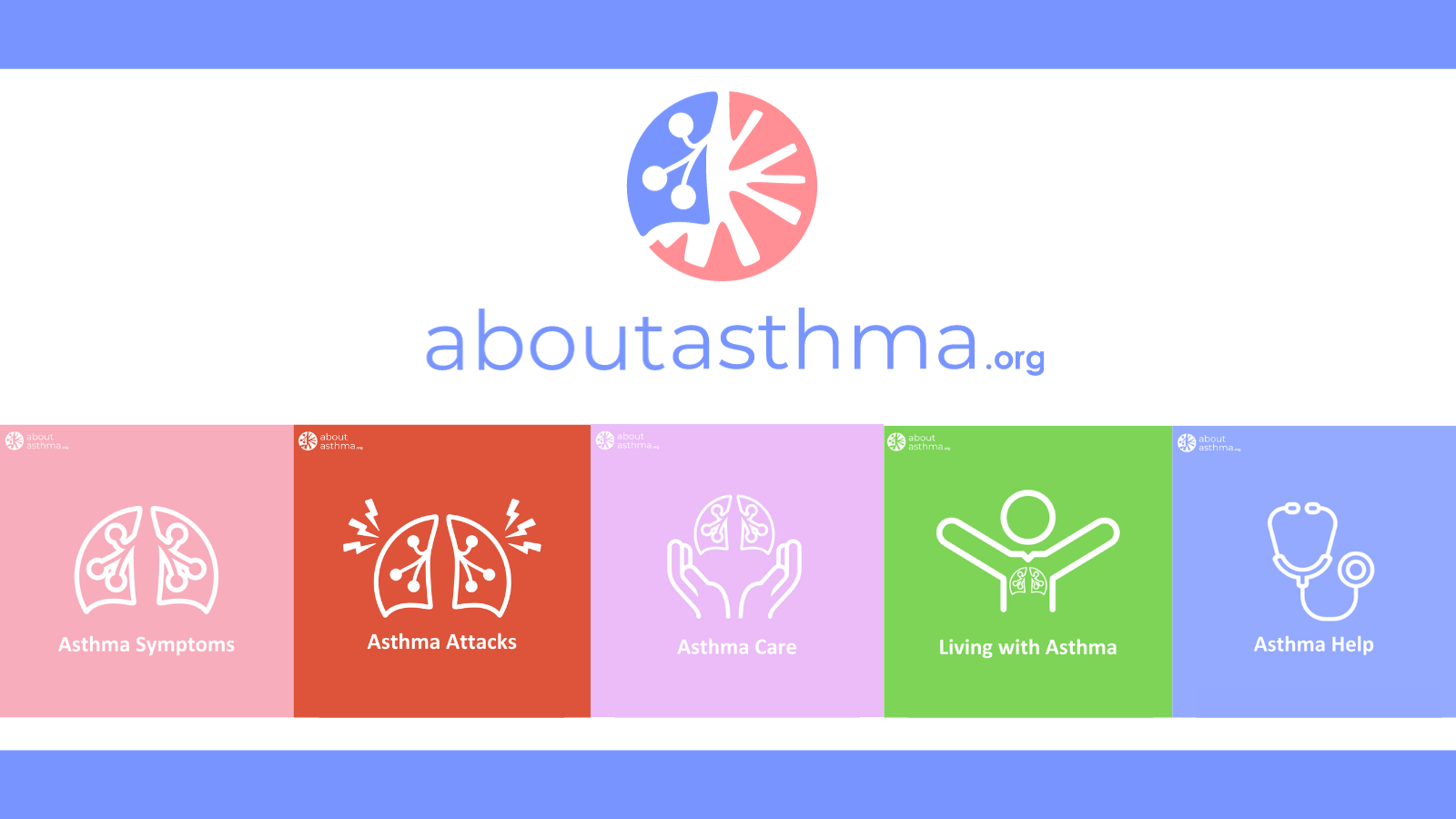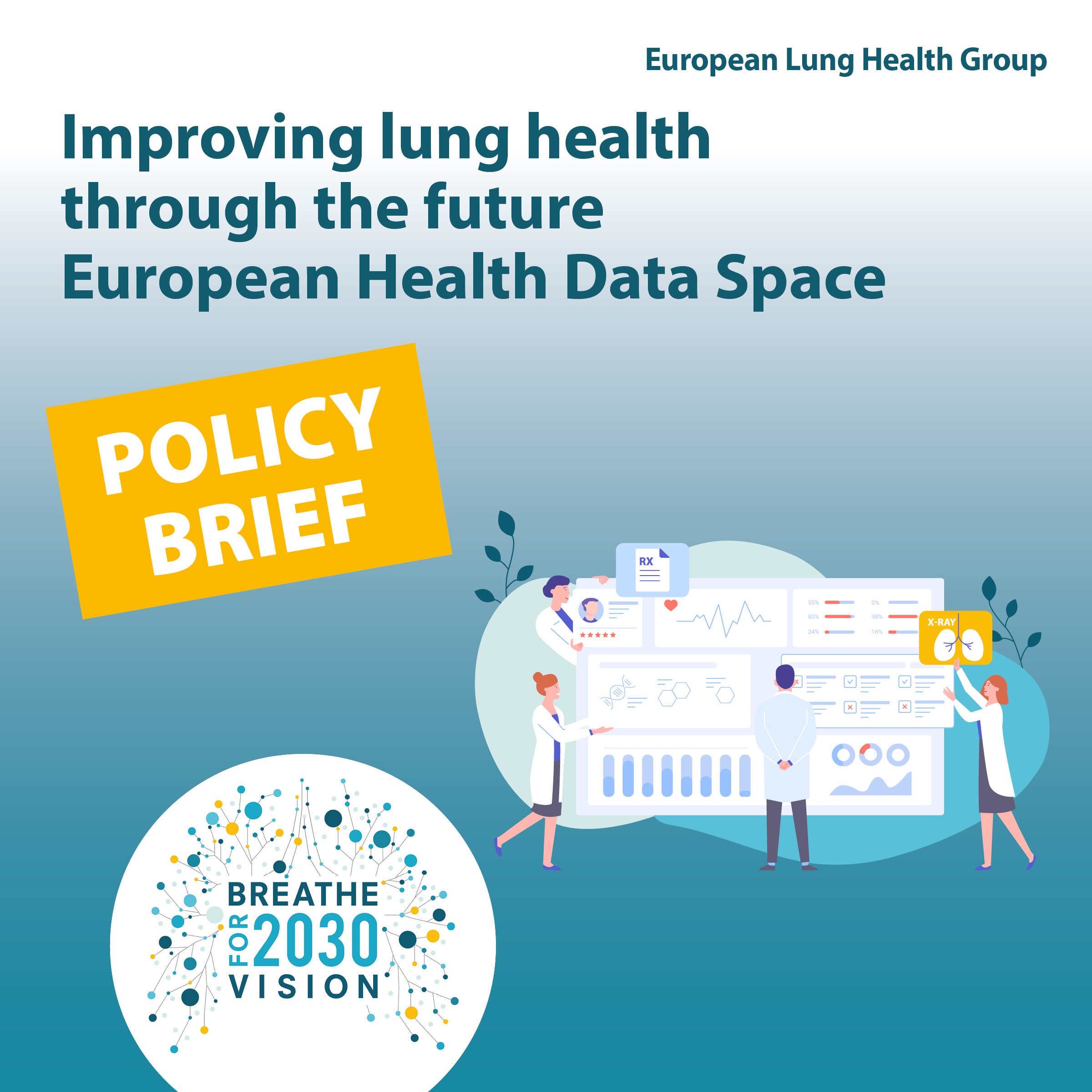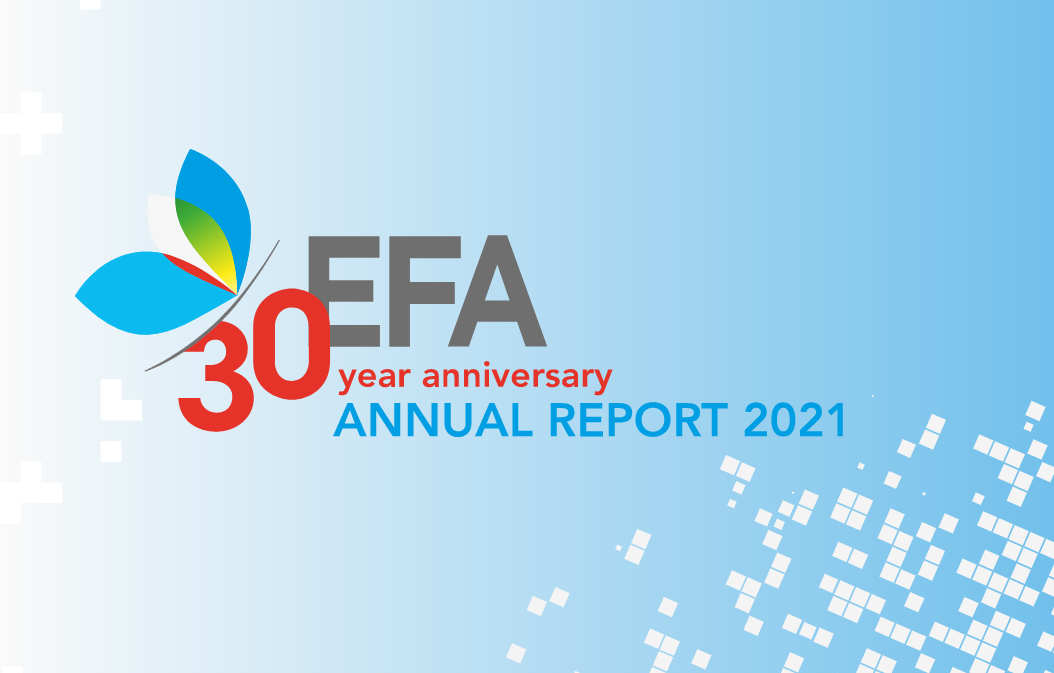On November 26th, the European Parliament Interest Group on Allergy and Asthma had its first policy meeting of the current 2019 -2024 mandate, organised by EAACI in collaboration with EFA. The event, co-hosted by the Interest Group chairs, Members of the European Parliament Sirpa Pietikäinen and Christian-Silviu Busoi, focused on “A new direction for allergy and asthma health in Europe”.
During the event, Members of the European Parliament, representatives from the European Commission, World Health Organization (WHO), as well as from patient and clinical associations, shared their view on allergy and asthma health in the renewed EU-political landscape.
Panel 1: From the economic case for improved prevention to concrete policy steps
In the first session, panellists discussed concrete policy steps for improved prevention. Wojciech Kalamarz from the European Commission showcased that EU spending on disease prevalence remains as low as 3% of national budget on health, while for disease treatment it makes up 80%.
There is also a strong interconnection between human and animal health, and environment, as well as food and water safety, highlighted Ioana Agache, former President of the European Academy of Allergy and Clinical Immunology (EAACI). It is crucial to collaborate with many different sectors and to “even reach outside the comfort zone” to find solutions.
Panel 2: Air pollution and health: building on independent research to inform policy change
The second panel, moderated by EFA Director Susanna Palkonen, focused on the need for multi-level education for the health community, a registry of disease expertise and the European Commissions’ new Green Deal’s potential to serve on allergy and asthma.
Member of the European Parliament Karima Delli elaborated on how we can better reduce emissions from the transport sector and strongly expressed her mission: to stop air pollution. The solutions already exist; what is needed is courageous politicians. She therefore directly addressed her colleagues in the Parliament, asking them to “wake up and act”.
Panel 3: Research & Precision medicine for better allergy & asthma care
In the last round, panellists focused on the current regulatory situation in clinical development and strategies to implement evidence-based practices.
MEP Christian-Silviu expressed that all patients are different. There is significant evidence that tailored approaches are the way forward. While good progress has been made, these advances now need to be scaled up in Europe.
EFA President Mikaela Odemyr brought the patient perspective into the debate. Especially for asthma patients, personalized tools can bring more efficient and targeted treatments. She also emphasized that personalized approaches not necessarily require high technical skills. Simple approaches such as wearable devices already allow patients to monitor their health, adhere to their drug dosing and allow facilitating communication with healthcare professionals.
#ShowLeadership for prevention and eradicating inequalities
At EFA we were happy to follow these lively debates. Especially, the need for disease prevention and addressing inequalities, as detailed by the European Commission, is in-line with the findings from our EFA ACCESS Report. Our new roadmap, presented in the European Parliament in late November, therefore focuses on three main pillars: inform, prevent and care.
As personalized medicine has the potential to bring many benefits to chronic disease patients, at EFA we regret to see results from the just launched “State of health in the EU cycle” report, showing that those who would benefit the most from personalized treatments are the least likely to be able take advantage of such measures. Eradicating inequalities in healthcare must be a priority on European and national political agendas.
More information on the Interest Group event can be found here.
